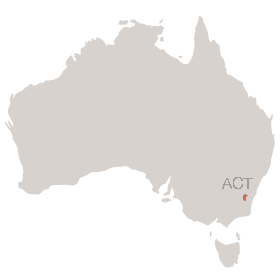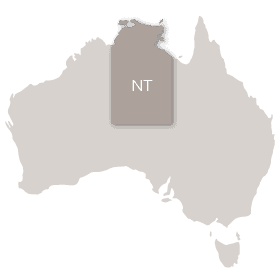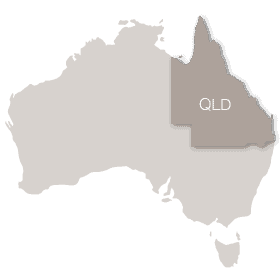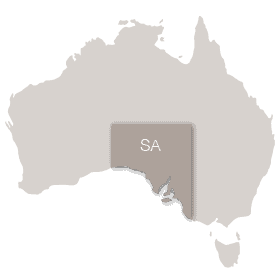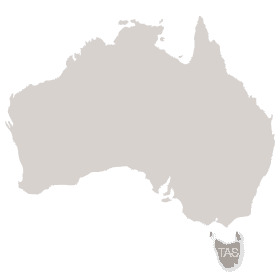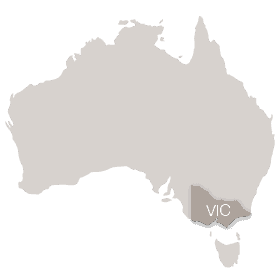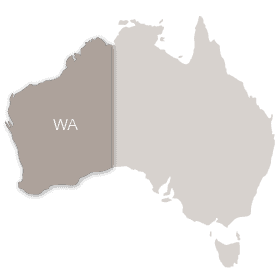In Australia, a child is abused every 15 minutes.
In an emergency call 000
If you are worried about the immediate safety of a child and / or young person – Call 000 (Police / Ambulance)
Responding to child abuse and neglect in NSW
The safety and welfare of children and young people is one of the most important obligations of any community.
Whilst families and carers have primary responsibility for the welfare and wellbeing of their children, child protection is the collective responsibility of the whole community.
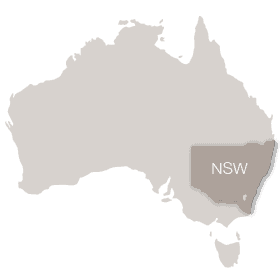
If you have concerns regarding the safety, welfare and wellbeing of a child, young person, or unborn child please refer to the Department of Family & Community Services’ website.
If you think a child or young person is at risk of harm from abuse or neglect, contact the Child Protection Helpline on 132 111 (24 hours / 7 days).
If you suspect a child or young person is at imminent risk of significant harm, contact the Child Protection Helpline on 132 111 (24 hours / 7 days).
If your concerns regarding the safety, welfare and wellbeing of a child, young person, or unborn child are non-imminent, please follow the steps below.
- Complete the Mandatory Reporter Guide / use professional judgment
- Make a decision about the level of risk
- Decide what action to take and continue to provide advice and support
| Child not at risk | Document your concerns |
| Child at risk but not significant risk of harm | Contact NSW Health Child Wellbeing Unit – phone 1300 480 420 |
| Child at imminent risk of significant harm | Immediate report to Child Protection Helpline – phone 132 111 |
| Child at risk of significant harm but risk is not imminent | E-report to Child Protection Helpline |
Reporting to the Child Protection Helpline is only part of the available responses to help a vulnerable child or young person and their family. Whatever action you take, use the opportunity to engage in a caring, compassionate and non-judgmental way.
Link the family to support services to promote their child’s safety, welfare and wellbeing. Your local Family Referral Service (FRS) can also provide assistance and link the family, child or young person to local support services such as housing or respite.
Your support is critical to prevent or mitigate further escalation of harm.
All medical practitioners / general practice nurses have access to the NSW Health Child Wellbeing Unit (CWU). Contact the CWU at any time for advice and support and to follow up any reports you have made to the Child Protection Helpline.
When working with Aboriginal families, recognise the difference between Aboriginal worldviews and western ways of engaging with health services and seek ways to change practices to ensure cultural safety.
Cultural safety
The concept of ‘cultural safety’ emerged in New Zealand in the context of the delivery of health services for the Maori people. It can be defined as:
“An environment that is safe for people: where there is no assault, challenge or denial of their identity, of who they are and what they need. It is about shared respect, shared meaning, shared knowledge and experience, of learning, living and working together with dignity and truly listening.” (Williams, Robyn (2008). Cultural safety: what does it mean for our work practice? Australian and New Zealand Journal of Public Health. 23(2): 213-214.)
In order to support Aboriginal children, young people and families:
Find local Aboriginal health services: Aboriginal Medical Services (AMS), Aboriginal Community Controlled Health Services (ACCHS) and NSW Health Services at NSW Health Aboriginal Health.
If you cannot find an Aboriginal health service in your local area contact the Family Referral Service for advice.
Find Aboriginal health information and medical research at the Australian Indigenous HealthInfoNet and Aboriginal Health & Medical Research Council.
Other States and Territories
If you are outside of NSW and wish to report serious concerns about the safety or welfare of a child and / or young person, contact the child protection agency in your state or territory:
Other points of contact
Other professionals in your local area that you can contact for support or advice about child protection concerns include:
- Family physician
- Early childhood nurse
- Community health centre staff
- School teacher / counsellor
National Helpline Numbers
Kids Helpline
Free 24/7 telephone and counselling service for children, adolescents, and young people (ages 5-25): 1800 55 1800
Lifeline
Free 24/7 telephone counselling and crisis support: 13 11 14
1800 RESPECT
Free 24/7 sexual assault, family and domestic violence counselling line: 1800 737 732
Bravehearts Information and Support Line
Free telephone support, information and referral advice regarding child sexual assault: 1800 272 831 (8am-8pm, Monday-Friday)
Translating and Interpreting Service
Phone access to interpreters: 13 14 50
Mensline
Free telephone and online support for men: 1300 789 978
Parentline Service
Free telephone support, information and counselling (hours of availability vary by state / territory)
- ACT: (02) 6287 3833
- NSW: 1300 130 052
- NT: 1300 301 300
- QLD: 1300 301 300
- SA: 1300 364 100
- Tas: 1300 808 178
- Vic: 13 22 89
- WA: 1800 654 432
